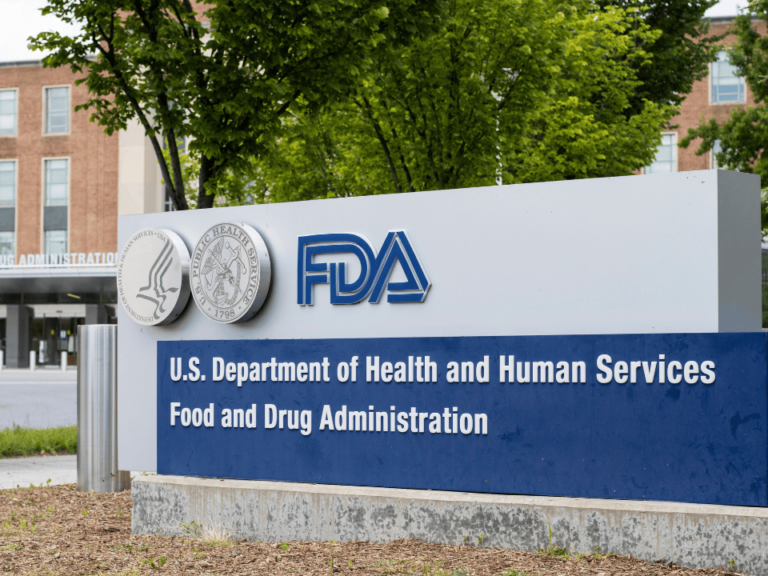FDA accepted the supplemental New Drug Application for Cresemba (isavuconazonium sulfate), a prodrug of isavuconazole, an azole antifungal drug, seeking approval for the treatment of invasive aspergillosis or invasive mucormycosis in pediatric patients aged one to 17 years old.
Cresemba is sponsored by Astellas Pharma US Inc.
Under the Prescription Drug User Fee Act, the FDA has set a target action date of Dec. 9.
Cresemba is already approved by the FDA for the treatment of IA and IM in adults. If approved for pediatric use, it may offer children significant advances in treatment or may provide a treatment where no adequate therapy exists. IA and IM are a major cause of morbidity and death among immunocompromised and hospitalized pediatric patients.
“While rare in the general population, invasive aspergillosis or invasive mucormycosis can be incredibly dangerous for immunocompromised children, including those faced with blood and other cancers, and there are very limited treatment options,” Tadaaki Taniguchi, chief medical officer of Astellas, said in a statement. “The collective efforts by our research and development teams, which have led to the successful sNDA acceptance for Cresemba by the FDA, reflect our ongoing commitment to addressing vulnerable populations with high unmet medical needs.”
The sNDA is based on results from a phase II open-label, non-comparative, multicenter study, evaluating the safety, efficacy, and pharmacokinetics of Cresemba for the treatment of IA or IM in pediatric patients aged one to 17 years old. Detailed results will be presented at a future medical meeting.







